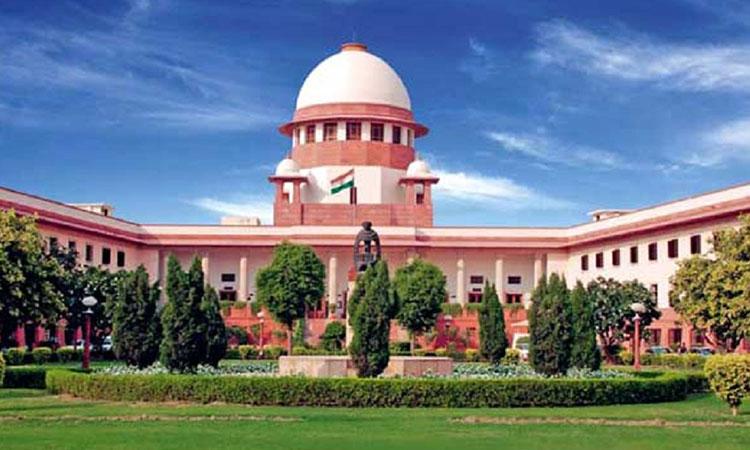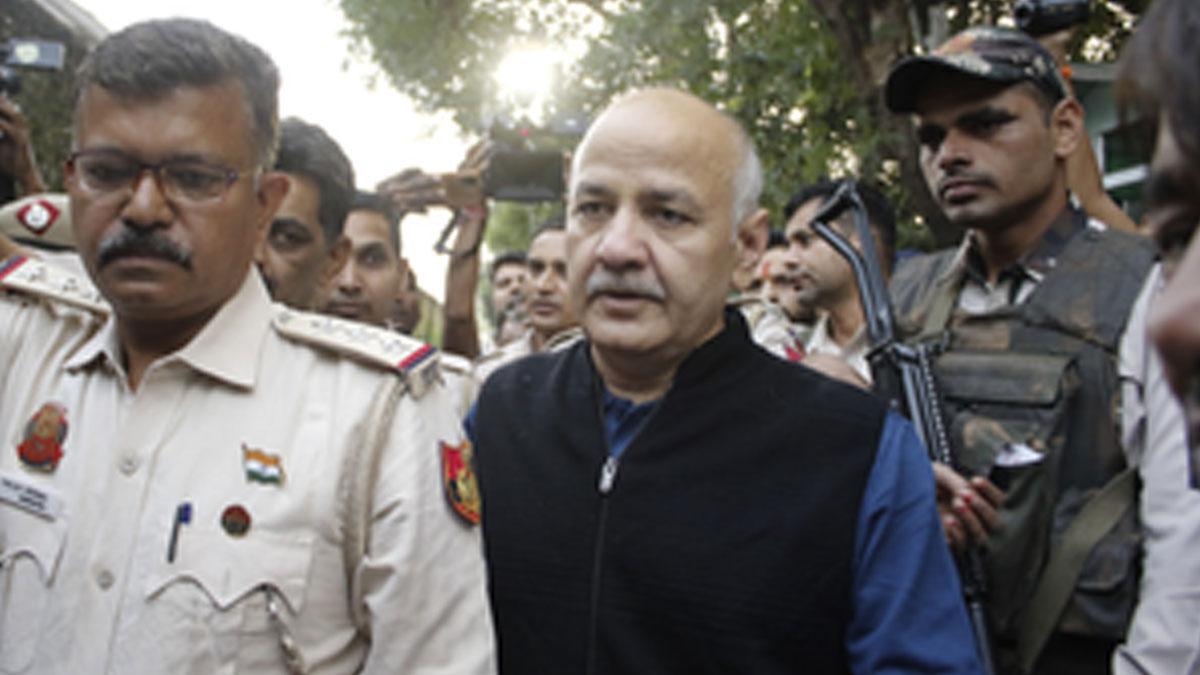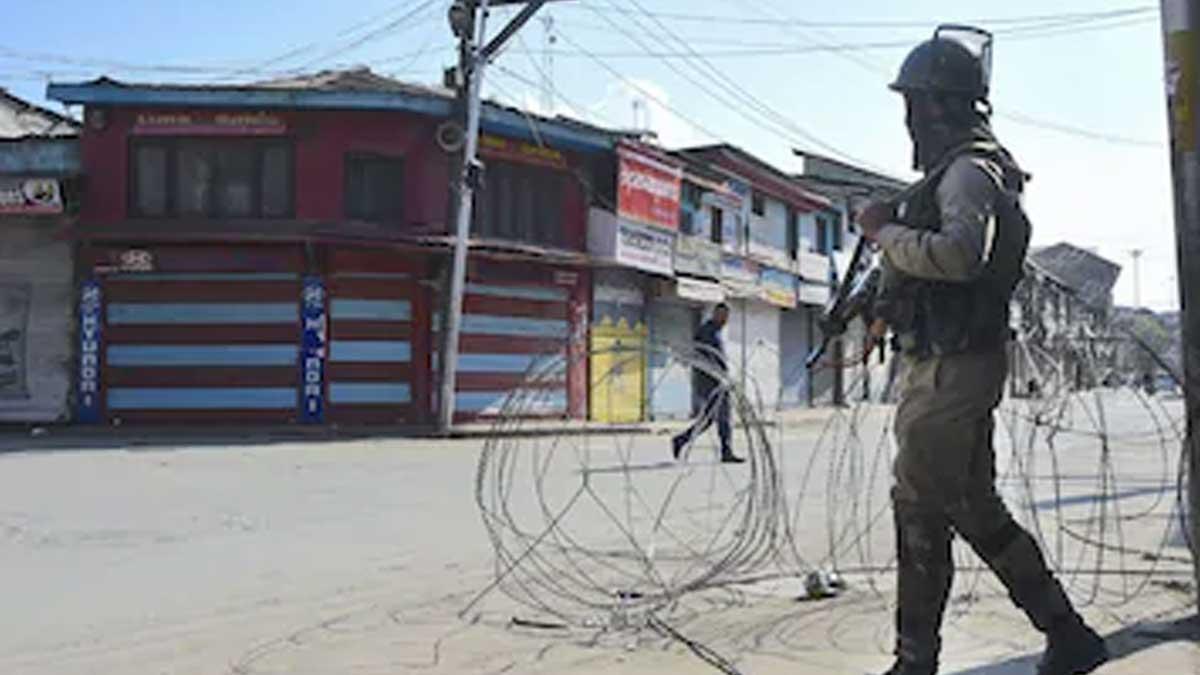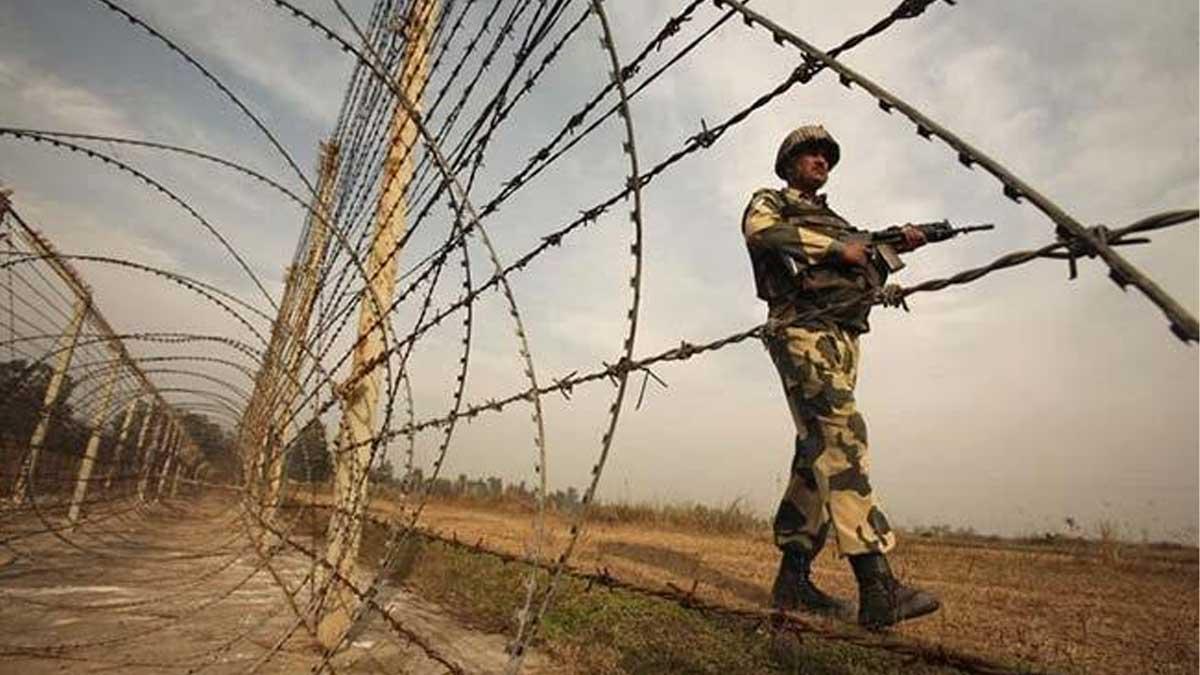In a historic judgement, the Supreme Court of India on Wednesday put the controversial Sedition Law on hold. The apex court judgement asked the Central government to review the provision of Section 124A(sedition) of the Indian Penal Code (IPC). The SC also ruled that, for the time being no new FIRs will be filed under section 124A of IPC. This judgement has comevas a big relief to those charged under this draconian section as now they can approach courts for bail, according to legal experts. The Sedition Law is an age-old law, dating back to 17th Century England. The Britishers then believed that only good opinions of the government should survive and thus used this law to imprison those who spoke against the government. The Sedition Law was then inserted into Section 124A of IPC in 1870, by the British. Here are the key points you should know in relation to the Sedition Law and the historic judgement.
Sedition Law: Key Points |
1. In 2021, the apex court had expressed its concern over misuse of immense power under the sedition law and had asked for the suspension of the draconian law.
2. On May 9, 2022 the ruling Modi government announced its decision of reviewing the Sedition law. However, it said that the law should not be paused while the government reviews it.
3. The government also gave a suggestion that for time being, a police officer equivalent to Superintendent or above could decide whether a Sedition charge should be filed or not. With its argument, the government opposed the halt of Section 124A by stating that there may be terrorism charges too in the cases filed under Sedition law.
Also Read | India logs marginal dip in Covid cases
4. However, Kapil Sibal, lawyer representing the petitioners, asked to pause the Sedition Law until the government reviewed the law.
5. Hearing the arguments of both the sides, the Supreme Court gave its judgement that no new FIRs will be filed under Sedition law and all the pending cases will remain on hold while the government reviews the law.
6. The court further ruled that those already charged under section 124A and serving in Jail are now allowed to approach courts for relief and bail.
7. The Apex court has scheduled further hearing of the case in the third week of July. Meanwhile, the court ordered the Central government to review the provisions of the law. Till further orders the provisions would remain suspended.
8. The Supreme Court also gave a free hand to the Central government to issue any additional directions to the States.
Also Read | Everyone must respect 'Lakshman Rekha', says Rijiju on SC's sedition law hold
9. “It will be appropriate not to use this provision of law till further re-examination is over. We hope and expect that the Central and State government will desist from registering any FIR under 124A (Sedition Law) or initiate the proceeding under the same till re-examination is over,” said Chief Justice of India NV Ramana.
10. The Sedition law(124A) of Indian Penal Code quotes, Whoever by words, either spoken or written, or by signs, or by visible representation, or otherwise, brings or attempts to bring into hatred or contempt, or excites or attempts to excite disaffection towards, the Government established by law in India, shall be punished with imprisonment for life."


















